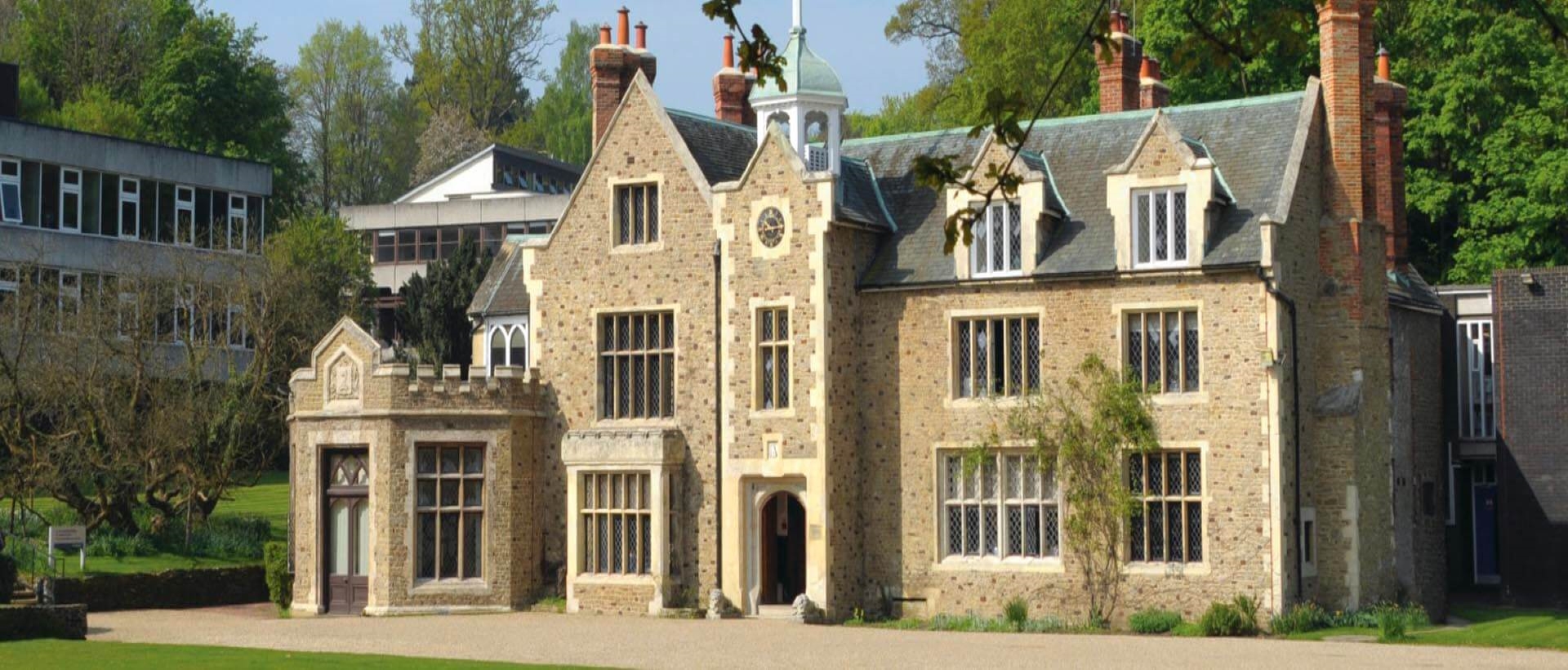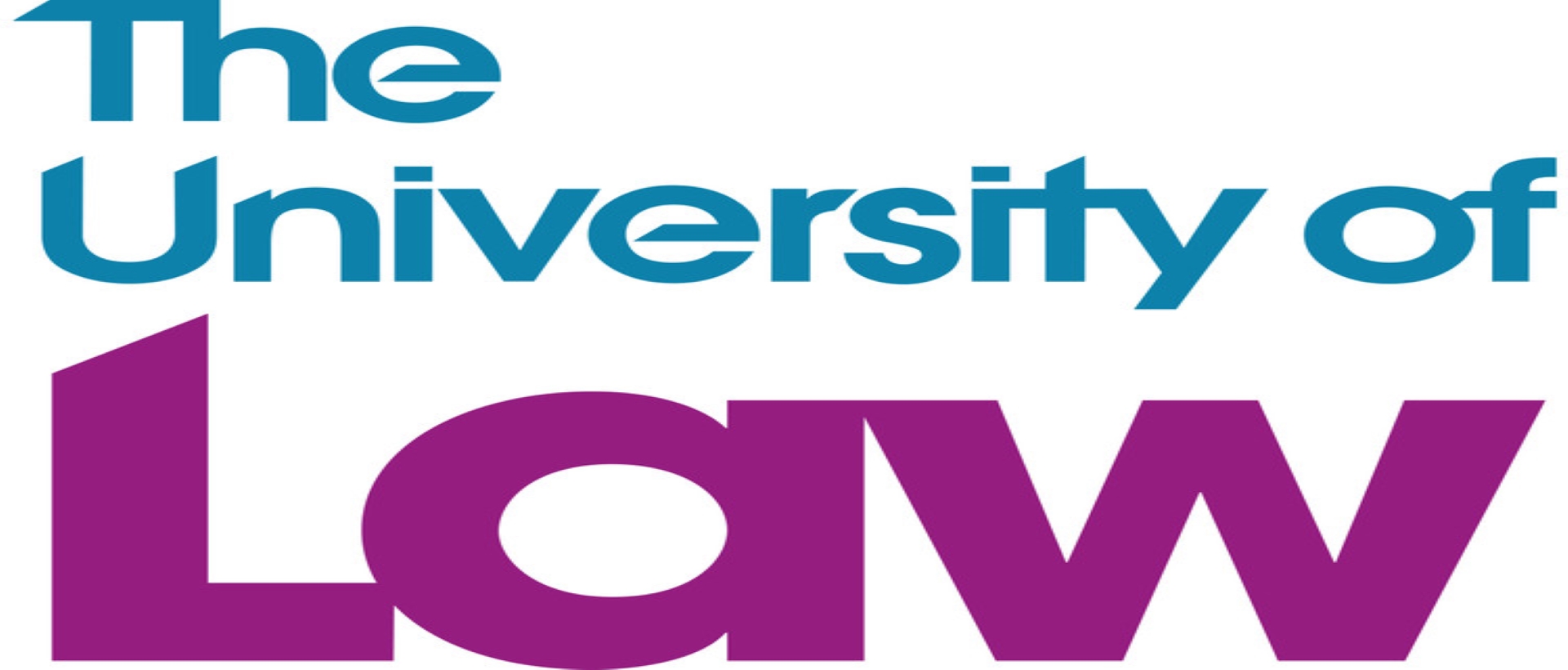
About
The origin of the University of Law can be traced back to 1876 with the establishment of Gibson & Weldon, a tutorial firm. It was established as the College of Law in 1962 but it was granted degree-awarding powers only in 2006 and achieved University status in 2012. The University of Law is UK’s largest law school providing law degrees, legal training, and professional development courses for barristers and solicitors. Over the years the University has worked with almost every law firm in the UK by helping them meet their training and developmental needs.
The University has 15 campuses across the UK in Birmingham, Bristol, Chester, Guildford, Leeds, Manchester, Nottingham, University of Chester, University of East Anglia, University of Exeter, University of Liverpool, University of Reading, University of Sheffield, Bloomsbury, and Moorgate. Besides these, the University also has international campuses in Hong Kong and Berlin and it also offers a range of online degrees. The University of Law offers a number of law and business Bachelors degrees, Masters degrees, graduate diplomas, and postgraduate diplomas which are taught by experienced and qualified solicitors, barristers, judges, and lawyers.
The courses offered are designed in such a way to help students professionally and personally. The tutors and staff of the University provide the best legal and business education dedicated to helping students have successful careers. The undergraduate and postgraduate courses offered on campus and online include subjects like law, business, policing, and criminology. The University of Law has about 8000 students with international students from across the world representing almost 120 nationalities.
Why Study At The University of Law
- The University of Law was awarded a silver rating in the UK Government’s Teaching Excellence Framework.
- The University of Law ranked 1st for overall student satisfaction in England in the 2020 National Student Survey.
- The law degrees awarded by the University are universally recognized and highly regarded by employers across a variety of sectors like banking, finance, technology, media, etc. The law courses offered by the University are designed to provide transferable skills to its students whether they want to work in the legal sector or explore other career options.
- In the University of Law, most of the LLB tutors are qualified lawyers, and Business School tutors are commercial experts who provide excellent academic knowledge and practical skills to the students.
- The University’s Careers and Employability Service is one of the largest in the UK with experts providing one-on-one guidance to students in order to help them achieve their career goals.
Employment and Career Opportunities
The University of Law teaches students in a realistic and contemporary context which includes interactive engagement and practical knowledge and this practice-based training opens up a range of career options for the students. There is an Employability Service Team and a Student Employability Programme in the University to increase student employability. The Employability Service brings together the Careers and Pro Bono team to provide information, advice, experience and links to help students succeed in their careers. Students studying at the University of Law are able to schedule one-on-one interviews with career advisers or search for jobs from the University’s vacancy database. 97% of the full-time Law, Criminology and Policing students from the University find were employed within 9 months. 92% of the UK LLB students who graduated in 2017 found employment or further study 6 months after graduating.
Some notable alumni from the University of Law include:
- Sadiq Khan (Mayor of London)
- Sayeeda Warsi (Member of the House of Lords)
- Robert Jenrick (Secretary of State for Housing, Communities, and Local Government)
- Geoffrey Ma (Hong Kong Judge)
- Darren Jones (Member of Parliament of UK)
Services and Facilities offered
Student Services:
All the campuses of the University of Law provide world-class facilities and a professional learning environment for the students. All of the campuses are located close to commercial areas and offer facilities such as equipped IT suites, comprehensive libraries with textbooks, e-books, e-journals, and the latest legal texts. Quiet study areas, collaborative workspaces, and relaxing places are available around the campus including a free Wi-Fi connection. The campuses are designed in such a way so as to recreate professional, modern environments of top law firms and businesses, the London Bloomsbury campus also has a mock courtroom and crime scene.
Accommodation:
The University of Law guarantees accommodation to all first-year LLB students and full-time LLM international students. The University also has two additional accommodation options in London specifically for international students. Support to find suitable accommodation is given to non-international full-time LLM students.
Medical facilities:
The University of Law has a Disability Support and Inclusion Service which provides support to students with any disability, impairment, medical condition, or injury. It provides a confidential and accessible space for students with disabilities or any other problems. The University also has a Counselling Service with trained professionals to help students with any problems or personal concerns that affect their wellbeing.
Sports facilities:
No matter which campus a student chooses, all of them have the opportunity to take part in a range of social and sporting activities. Students also have the opportunity to join the Events Committee so that they can take part in activities like sports or join sports clubs like football and netball.
Clubs:
The University of Law has a number of clubs and societies that students can be a part of based on their interest in activities like debate, theatre, and art. These clubs and societies give students the opportunity to meet new people with similar interests, learn some new skills, and enjoy their time in the University.



